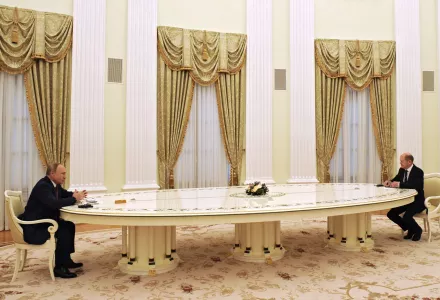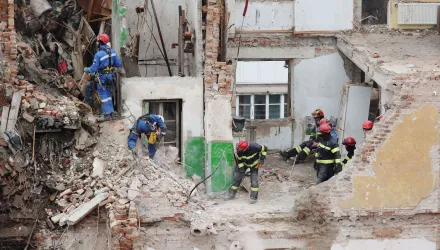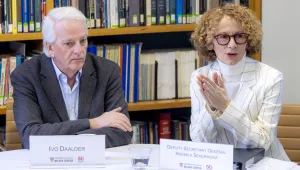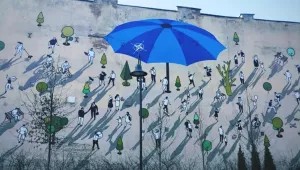
The global nuclear order had been challenged in recent years by individual proliferators, the moribund US–Russian arms-control process and resultant frustration over stalled progress towards disarmament. Then Russia launched its full-scale invasion of Ukraine under cover of nuclear threats against NATO. This has neither exposed the international nuclear-governance regime as toothless nor brought it to the verge of collapse. The global nuclear order’s history shows its resilience to rogue acts by great powers. It will continue to serve key nuclear-capable states’ security and energy interests in the non-proliferation domain. Arms control between Washington and Moscow has always been sensitive to their strategic whims and can be reconstituted. The main consequence of Russian President Vladimir Putin’s war is renewed public awareness of the often unpalatable role nuclear weapons play in international politics. Nuclear targeting, deterrent threats and associated risk-reduction efforts are hardly new phenomena.
Bollfrass, Alexander K. and Stephen Herzog. "The War in Ukraine and Global Nuclear Order." Survival, vol. 64 no. 4 (August/September 2022): 7–32.







